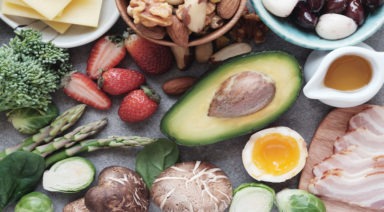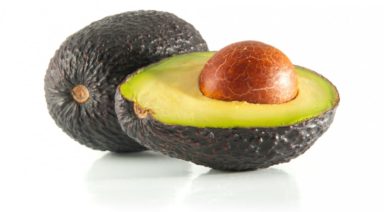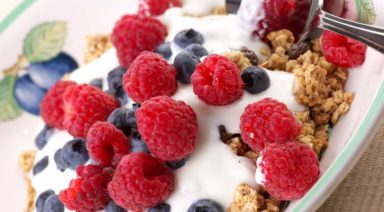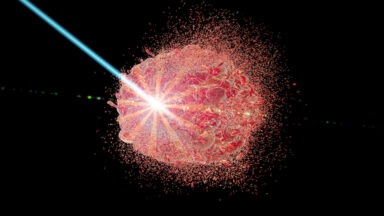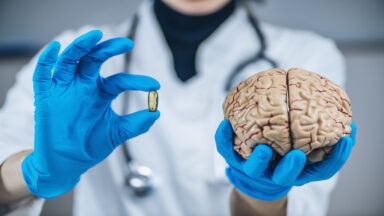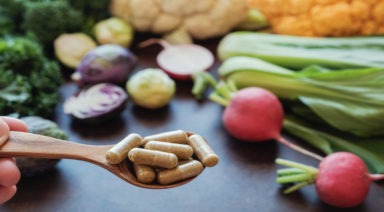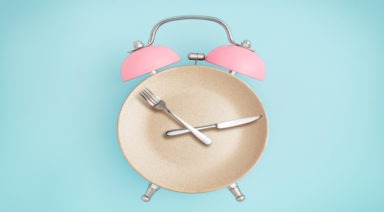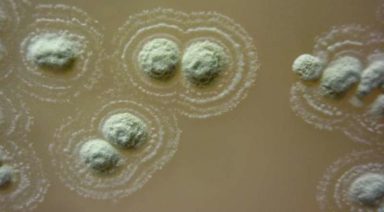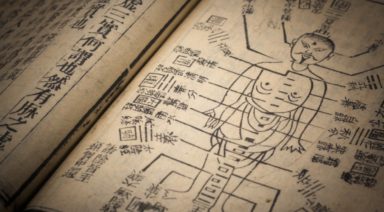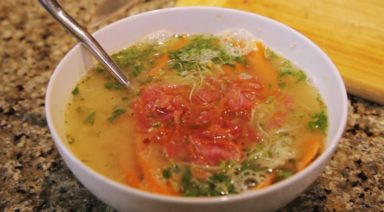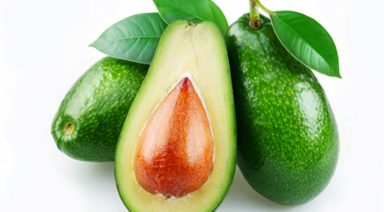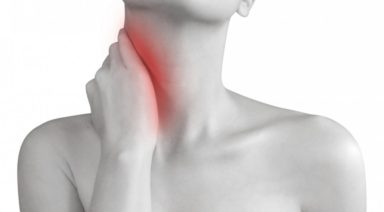Top Food Nutrient Combinations
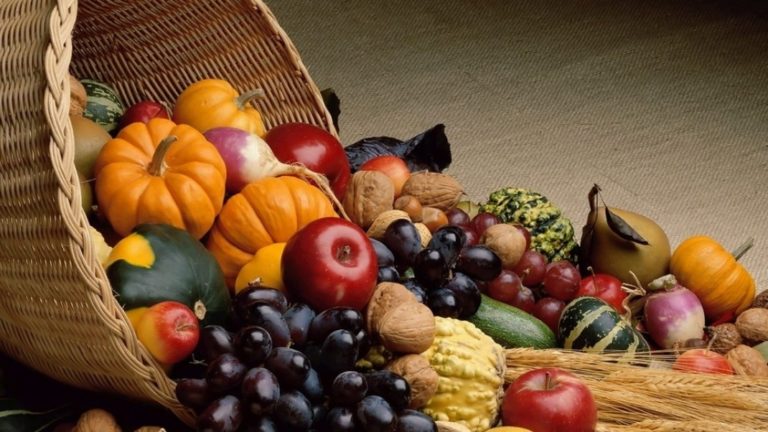
Learn about the important food combinations for optimum nutrient absorption.
Getting the most nutrition out of your kitchen fridge or backyard garden can be as easy as applying a few main principles. While some nutrients taken together improve the absorption of others, some nutrients can inhibit absorption all together.
Foods that Complement Absorption
Vitamin C and Iron
Iron comes in two forms, heme and non-heme. Non-heme iron is the found in plants and is not as well absorbed as heme iron found in animal products. Vitamin C helps switch iron to the ferrous state, which is easier absorbed.
Examples:
- Add beets to a shake or meal
- Squeeze a fresh orange or lemon on top of a spinach salad
- Add sliced strawberries to any breakfast cereal; hot or cold
- Add green peas to your kidney bean salad
Calcium, Magnesium and Vitamin D
Vitamin D acts like a traffic controller guiding calcium into your bone to make them strong. Since Vitamin D is hard to obtain in sufficient quantities from the sun a supplement is best recommended to take alongside Calcium.
Fat soluble Vitamins and Fat
Fat soluble vitamins include Vitamins A, D, E and K which require fat to be present to be ideally absorbed in the body.
Examples:
- Olive oil drizzled on baked sweet potatoes
- Unsalted almonds or walnuts as a great afternoon snack
- Mashed avocado spread on whole grain toast
- Pine nuts sprinkled on asparagus or broccoli
Foods that Inhibit Absorption
Calcium and Iron
These minerals bind together preventing absorption in the body. A study published in the American Journal of Clinical Nutrition revealed a dose of 165 mg of Calcium (in Milk form) reduced iron absorption as much as 50-60%. It is recommended for Calcium to be taken at bedtime for not only improved absorption but a better sleep too for its muscle relaxing properties.
Example items to not combine:
- Broccoli with Kidney Beans
- Kale with Lentils
Oxalic Acid and Calcium or Magnesium
Oxalic acid binds to calcium to form insoluble salts that cannot be absorbed. It too hampers the absorption of Magnesium.
Example items to not combine:
- Almonds or cashews with Sesame seeds
- Spinach and fortified soy/rice milk
Phosphoric Acid and Calcium
Phosphoric acid binds to calcium in the intestine forming calcium phosphates which are not absorbed.
Example:
- Limit pop consumption which is extremely high in phosphoric acid and only drink away from Calcium rich beverages like fortified soy milk.
Herbs and Tinctures That Heal Inflammation

Inflammation can begin as a benign condition and slowly turn into a nightmare. It might start with stiffness and strains in the muscles and bones and later develop into pain and agony. It might only occur on occasion, or it can be constant and dreadful. Some describe inflammation as nagging and uncomfortable, while others say they experience steady stabs and pinches throughout their waking day. It all depends on the intensity and severity of the inflammation.
Inflammation can emerge and cause damage to our bodies and lives, even when it’s not overt. It might appear as fatigue, chest pain, stomach pain, mouth sores, disorientation, fever, rash, or joint pain. Down the line, if inflammation isn’t healed, it can feed or cause a variety of diseases, including arthritis, some cancers, atherosclerosis, periodontitis, and hay fever.
You might have one of these chronic conditions, which often include inflammation: asthma, ulcers, tuberculosis, Crohn’s Disease, hepatitis, bronchitis, infected skin and nails, sore throats, mouth sores, scratches and cuts, intense exercise, sinusitis, or physical trauma.
“Reduce inflammation to treat the root of many issues. If your gut isn’t working right it can cause so many other issues.”
― Jay Woodman




